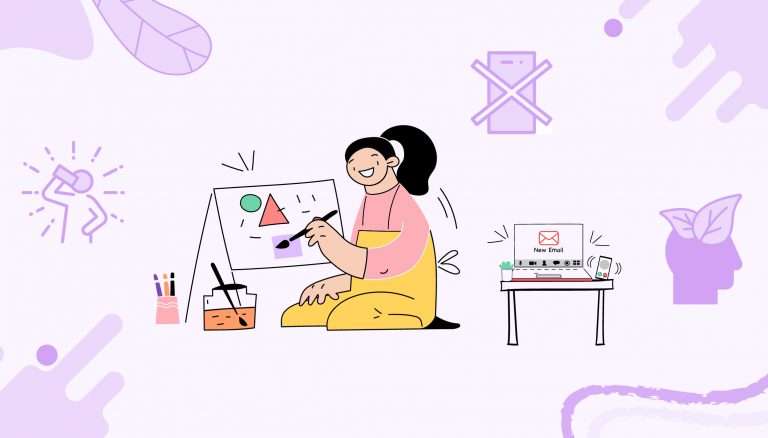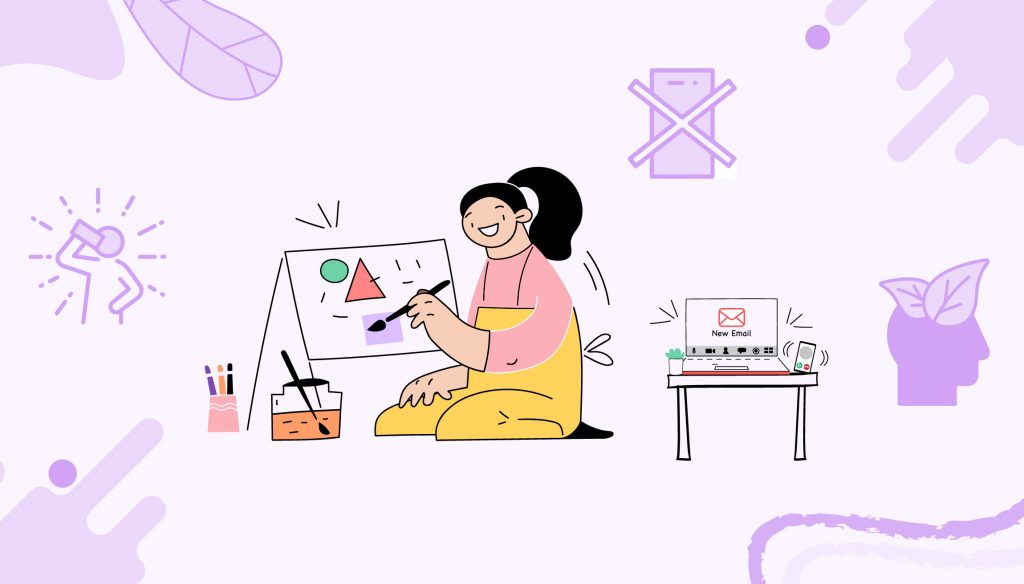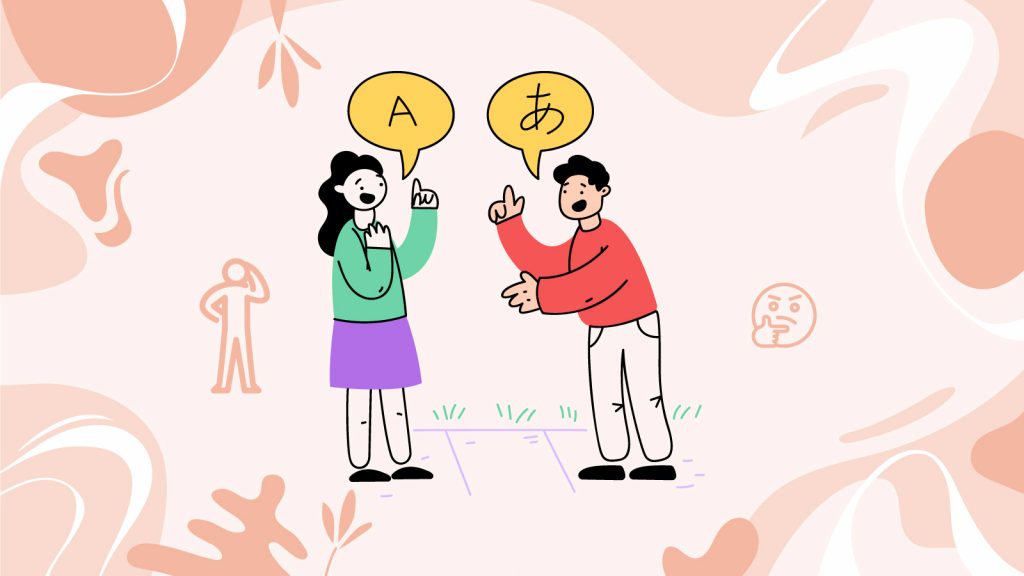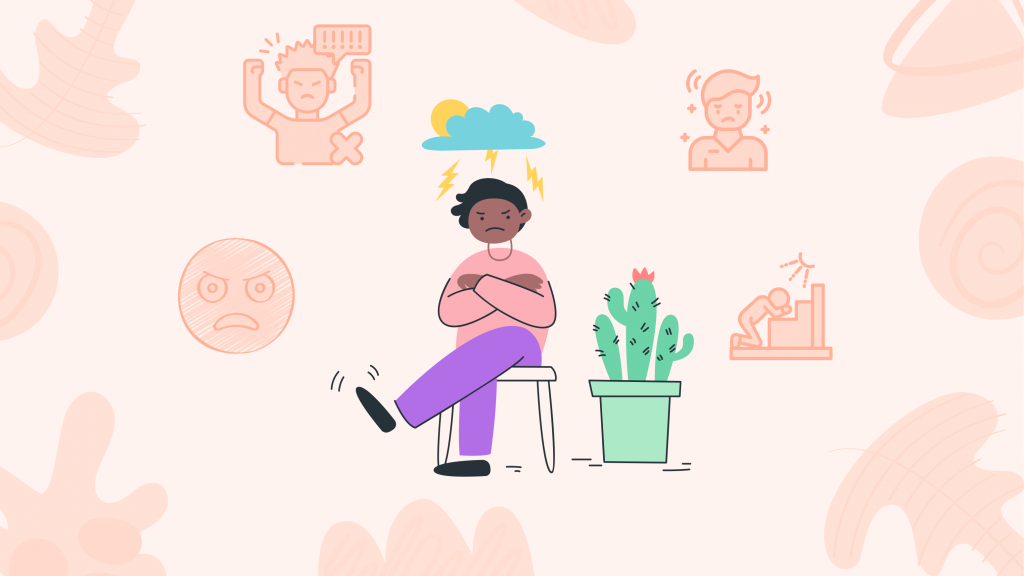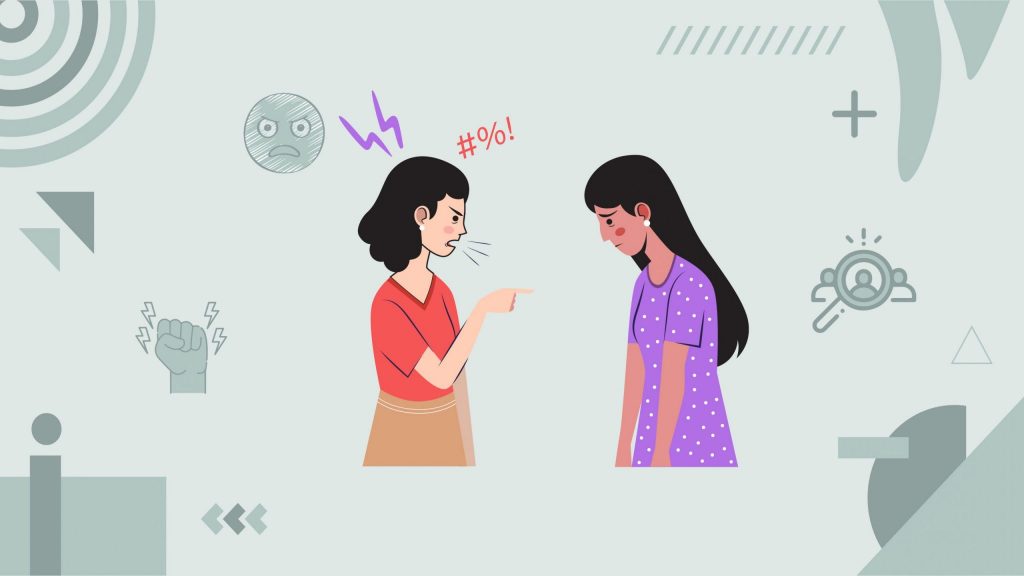Trapped in the Screen
In today’s hyper-connected world, the omnipresence of digital devices is undeniable. From the moment we wake up to the minute we fall asleep, screens dominate our lives. Social media, work emails, streaming services, and an array of apps vie for our attention, creating an incessant demand for our focus. The struggle to disconnect from this digital barrage is real and increasingly problematic.
Think about your typical morning: you wake up to the sound of your smartphone alarm, grab your device, and immediately start scrolling through notifications. News updates, social media alerts, and work emails flood your screen, demanding your attention before you’ve even had your first cup of coffee. This ritual continues throughout the day, as we remain tethered to our devices during meals, commutes, and even moments of supposed relaxation. The constant influx of information and the need to stay “plugged in” can lead to burnout, anxiety, and a decline in mental well-being. We find ourselves trapped in a cycle where the very tools meant to connect and entertain us become sources of stress and fatigue.
Consider a typical workday: you’re in the middle of an important task when a notification pings. You stop, check your phone, and before you know it, you’ve spent 20 minutes on social media. This constant distraction not only hampers productivity but also fragments our attention span. We’re multitasking more than ever, but achieving less, feeling overwhelmed and mentally drained.
Even our leisure time isn’t immune. How often have you intended to relax with a movie or a book, only to get sidetracked by endless scrolling on your phone? The very moments that should recharge us become just another venue for digital consumption. The sense of always being on call, always available, creates a background hum of stress that never quite goes away.
Understanding The Science Behind Digital Overload
When we dive into the science of why digital overload is so pervasive, it becomes clear that our brains are hardwired to seek novelty and instant gratification—two things that digital devices provide in abundance. Every notification, message, or like triggers a release of dopamine, the brain’s “feel-good” neurotransmitter. This creates a feedback loop where we continually seek out the next hit of digital pleasure. Imagine every buzz, ding, and pop-up as a tiny jolt of excitement—a mini reward that our brain eagerly anticipates. This dopamine-driven loop is similar to the mechanisms involved in addiction, where the brain starts to crave more frequent hits to maintain the same level of satisfaction.
However, this constant stimulation can lead to mental exhaustion, impaired cognitive function, and reduced attention span. Our brains, which evolved to handle intermittent bursts of stimulation, are now bombarded with a relentless stream of information. This overload can overwhelm our cognitive capacities, leading to difficulties in focusing, memory issues, and even decision-making challenges. The brain’s executive functions, responsible for planning, reasoning, and problem-solving, take a significant hit when we’re perpetually distracted by digital inputs.
On a neurological level, excessive screen time can disrupt the brain’s natural rhythms and processes. The blue light emitted by screens, for instance, interferes with the production of melatonin, the hormone responsible for regulating sleep. Melatonin production typically rises in the evening, preparing our bodies for rest. However, exposure to blue light tricks our brain into thinking it’s still daytime, suppressing melatonin release and delaying the onset of sleep. This disruption can lead to poor sleep quality, which, in turn, affects our mood, energy levels, and overall cognitive function. Poor sleep exacerbates stress and cognitive decline, creating a vicious cycle where our digital habits negatively impact our mental health and well-being.
The Path to Embrace a Digital Detox
Given the compelling evidence of the negative impact of digital overload, the next step is to take action. A digital detox—a period during which one significantly reduces or completely abstains from using digital devices—can be a powerful remedy. The practical application of a digital detox involves setting boundaries and creating intentional habits to reclaim control over our digital consumption.
- Set Clear Boundaries: Define specific times of the day when you will be completely screen-free. This could be during meals, an hour before bed, or during designated “tech-free” days each week. For example, try implementing a “no screens after 8 PM” rule to improve sleep quality and create a more relaxing evening routine. Use this time to unwind with a book, engage in a hobby, or simply enjoy a quiet moment to yourself.
- Create Tech-Free Zones: Designate certain areas in your home where digital devices are not allowed, such as the bedroom or dining area. This helps to create physical spaces dedicated to relaxation and personal connection. For instance, make your dining table a tech-free zone to foster more meaningful conversations and interactions during meals. Similarly, keep your bedroom a sanctuary for rest by leaving phones and tablets outside.
- Engage in Offline Activities: Rediscover the joy of offline activities such as reading, gardening, exercising, or spending time with loved ones. These activities can provide a much-needed break from the digital world and help to restore mental clarity. Plan a weekly game night with family or friends, take up a new hobby like painting or knitting, or simply enjoy a walk in nature. These offline pursuits can rejuvenate your mind and spirit.
- Mindfulness and Meditation: Incorporate mindfulness practices and meditation into your daily routine. These practices can help to reduce stress, improve focus, and enhance overall well-being by allowing the mind to rest and reset. Start with just a few minutes each day, gradually increasing the duration as you become more comfortable.
- Digital Declutter: Regularly declutter your digital space by organizing files, deleting unnecessary apps, and unsubscribing from emails that no longer serve you. This can reduce the digital noise and make your device usage more intentional. Spend a few minutes each week tidying up your digital environment to maintain a sense of order and control.
- Schedule Screen Time: Plan specific times for checking emails and social media rather than doing so sporadically throughout the day. This can help you stay focused on tasks without the constant interruption of notifications. Use tools like screen time trackers to monitor and limit your usage.
- Prioritize Human Interaction: Make a conscious effort to prioritize face-to-face interactions over digital ones. Schedule regular meetups with friends and family, engage in community activities, and take part in group exercises or clubs. Human connections are vital for emotional well-being and can offer a fulfilling alternative to digital communication.
- Implement a Digital Sabbath: Consider taking a full day each week to disconnect from all digital devices. Use this time to recharge, reflect, and engage in meaningful activities that nourish your mind and body. Whether it’s spending a day outdoors, enjoying a spa day, or simply relaxing at home, a digital Sabbath can be a powerful way to reset your relationship with technology.
Subscribe to newsletter
Get your Gut Health Starter Guide right now.
Elevate your Tuesdays with practical, science-backed wisdom propelling you forward on your gut health journey.

Real-Life Transformation
Sarah, a marketing executive who found herself increasingly overwhelmed by the demands of her digital life. Between managing multiple social media accounts, responding to constant emails, and staying updated with the latest industry trends, Sarah’s mental health was suffering. She struggled with anxiety, insomnia, and a persistent feeling of burnout.
Desperate for a change, Sarah decided to implement a digital detox. She started small, designating tech-free zones in her home and setting specific times for checking emails and social media. Gradually, she incorporated more offline activities into her routine, such as daily walks, yoga, and spending quality time with her family. She also began practicing mindfulness meditation to help manage stress and improve her mental clarity.
Sarah recalls, “I remember feeling like I was constantly drowning in a sea of notifications and emails. It seemed like there was no escape. Every time I tried to take a break, I’d find myself reaching for my phone, only to get sucked back into the digital vortex. It was exhausting, and I knew something had to change.
I decided to start with small steps. I designated my bedroom and dining area as tech-free zones, which helped me create spaces in my home where I could truly relax. Setting specific times to check emails and social media also made a huge difference. Instead of constantly feeling the need to be connected, I began to enjoy moments of peace and quiet.
I started taking daily walks in the park and practicing yoga in the mornings. These activities gave me a break from screens and allowed me to reconnect with myself. Incorporating mindfulness meditation into my routine was a game-changer. It helped me manage stress and improved my mental clarity.
The impact on my life was incredible. My anxiety levels dropped, and I started sleeping better. I felt more focused and productive at work, and I was able to be more present with my family. The digital detox not only helped me take back control of my time but also restored my sense of balance and well-being.
Now, I can’t imagine going back to my old ways. The benefits of unplugging and recharging are too significant to ignore. It’s not about completely giving up technology but about creating healthier habits and boundaries. I’ve learned to enjoy the moments of disconnect and the clarity they bring to my life.”













